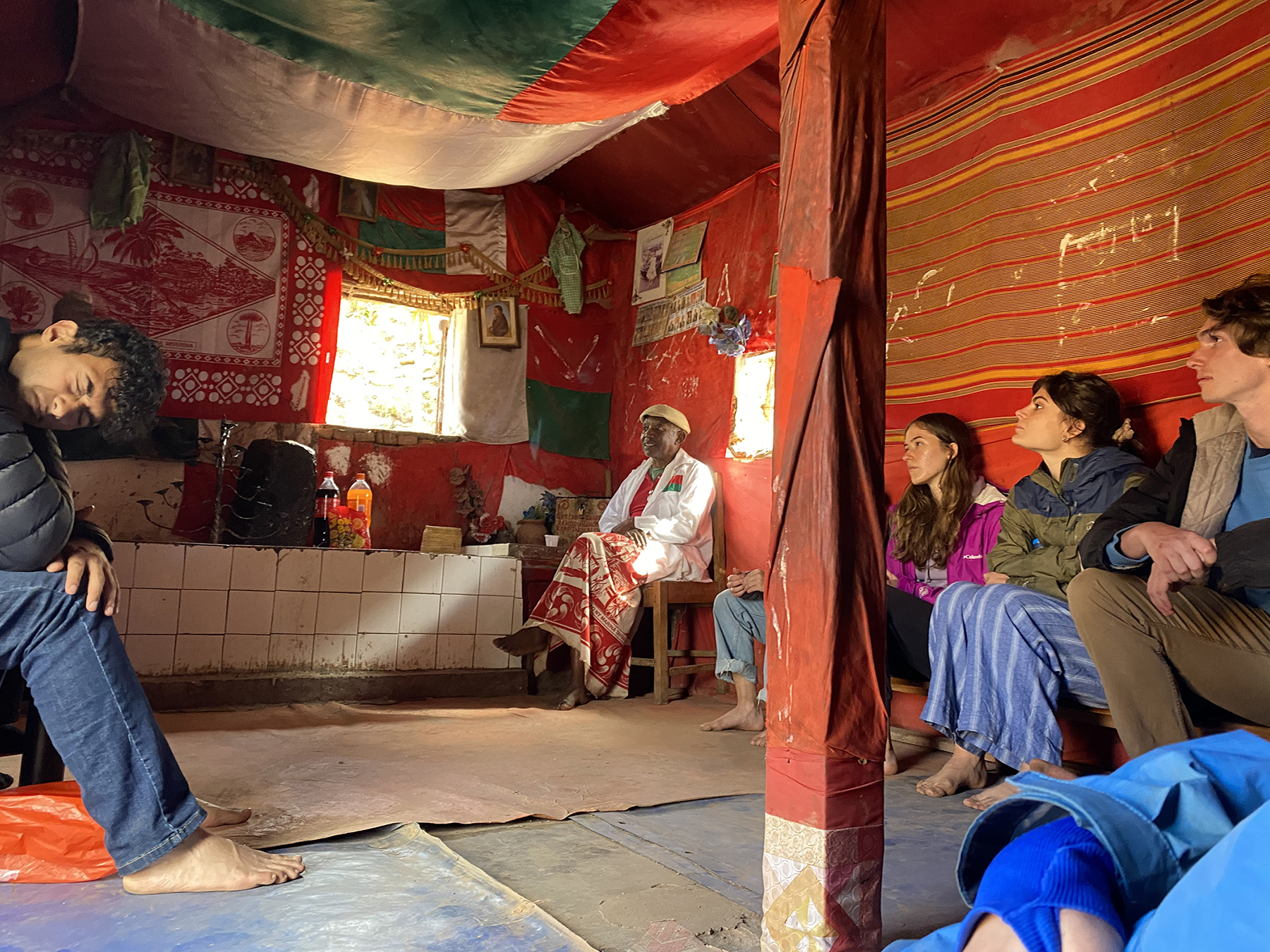Madagascar program sets student on path to connect people with nature
Produced by University Communications
By Margaret Schell
S
pending two months in Madagascar this past summer opened a new world of opportunity for a career in natural healing for Kara Drake.
The senior public health major participated in a School for International Training program. SIT provides honors-level programs in non-traditional locations across the globe.
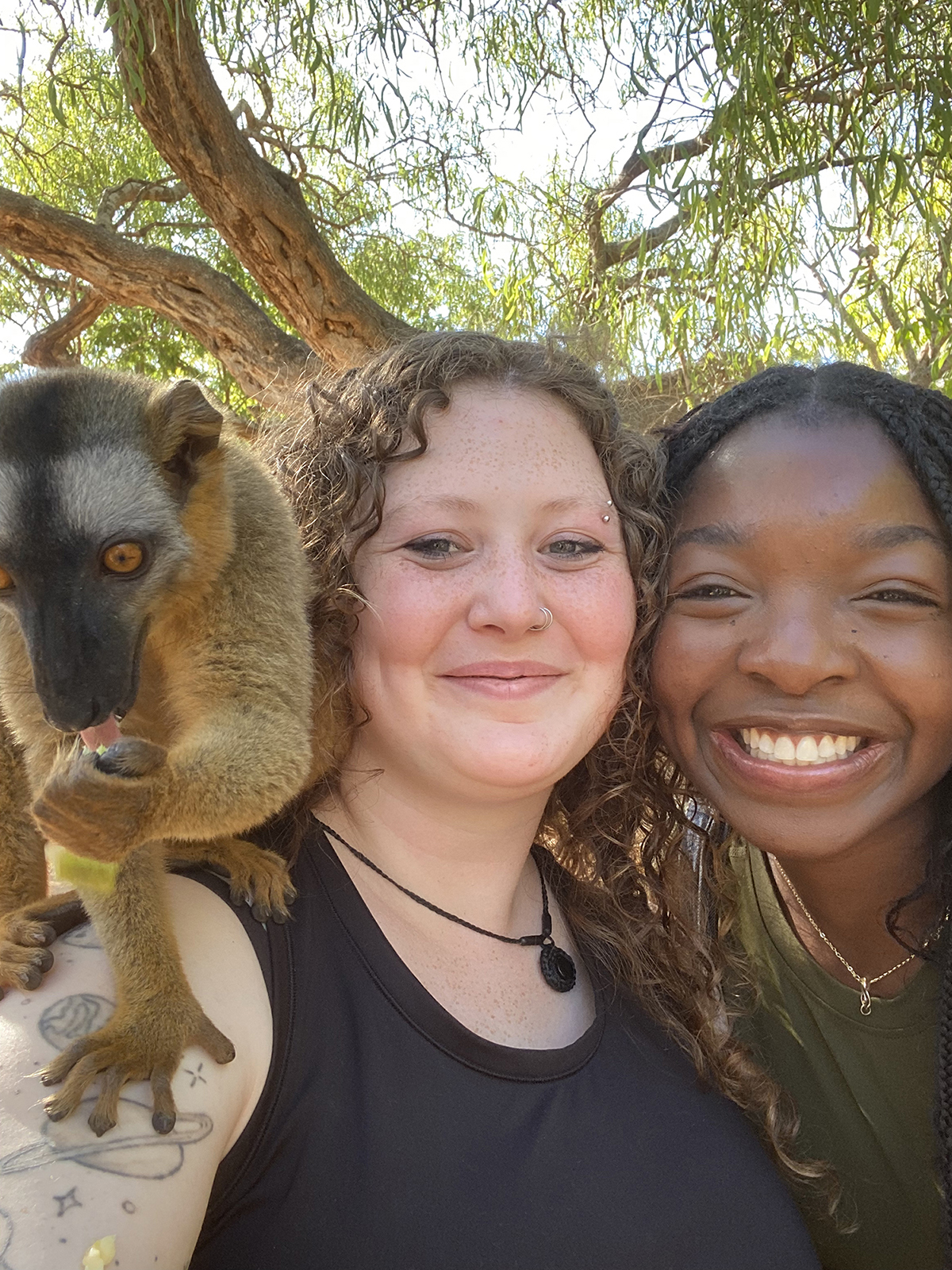
“It was such a rare opportunity,” she said. “It was nice to see how the residents connect with nature.”
Drake studied Malagasy, the dialect of Madagascar residents, and the country’s healthcare system including traditional medicine. Their use of traditional medicine sparked her interest in getting a master’s in ethnobotany—the study of interrelations between humans and plants; that can be used for food and medicine. The program concentrates on program planning and policy making.
First, she’ll go back to college to pursue her undergraduate degree in anthropology or biology.
The SIT program reinforced her decision to pursue a career in ethnobotany.
“We sometimes forget humans are one with nature,” Drake said. “We've been blessed with this world where a lot of things we need to help us medicinally can be found in nature.”
She toured the country’s botanical park. It has a section of common plants with lists of their names, uses and symptoms they treat. This made Drake think about plants in the U.S. that could be used for healing.
Drake values the interpersonal connections between traditional healers and their patients. She believes it’s “more genuine care” opposed to “trying to make a profit off of people.”
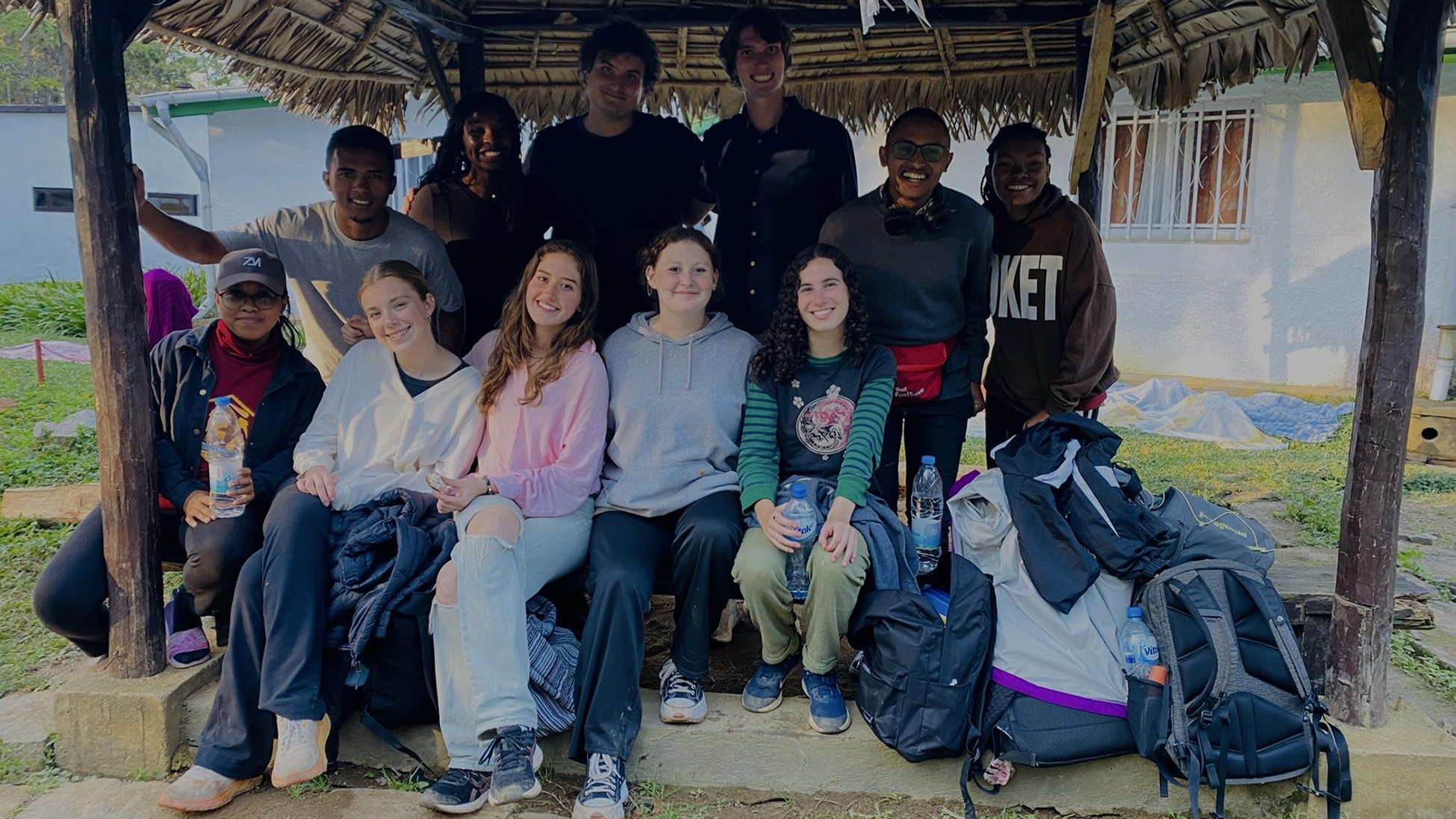
“In Madagascar, traditional healers accept gifts but don't charge their patients money for medicine,” she said. “They say their gift is given to them by God, and you don't sell gifts. Seeing their passion and knowledge help others was truly inspiring.”
SIT Program Academic Director and ethnobotanist Dr. Nat Quansah was Drake’s mentor in Madagascar.
“He's truly inspiring,” she said. “The experience gave me a passion I didn't know I had for this field.”
“If we focus on using our environment in our everyday lives, like natural remedies and traditional medicine,” Drake said, “we’re more likely to take care of it and less likely to cause environmental hazards like we have now.”
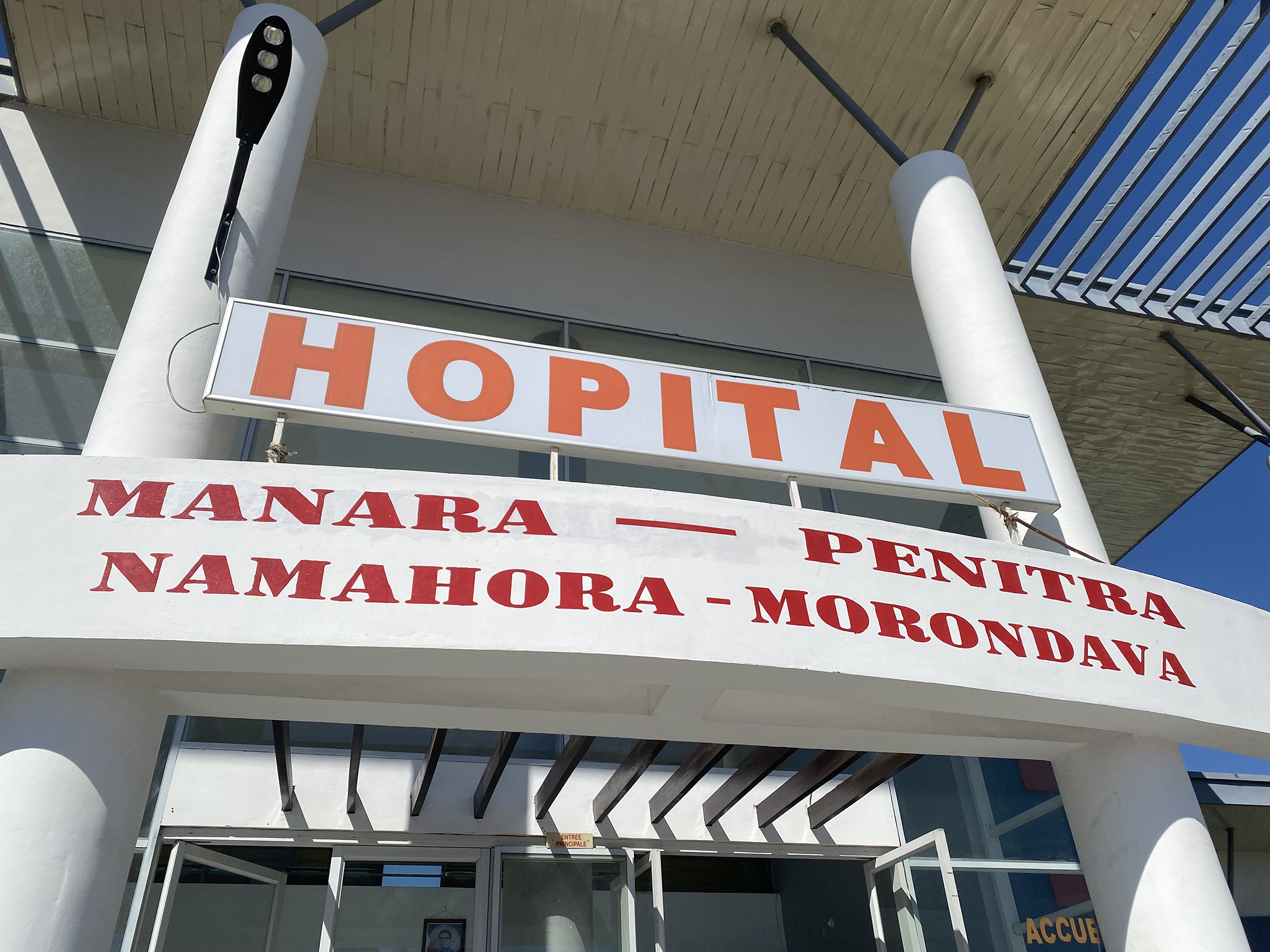
“It was interesting to see how vastly different traditional healers and hospitals are and the care they provide,” Drake said. “I enjoyed seeing how Madagascar thrives on service.”
She enjoyed spending time with Madagascar’s residents, who were kind to her.
“They are very joyous,” Drake said. “They love to sing and dance and will use any excuse to have a party. They're so bright and cheery. Even through hard times, they find happiness. They're truly generous people.”
She keeps in touch with her host family and friends she made there.
Drake stayed with her host family in Antananarivo—the capital of Madagascar. They didn’t have running water in their home so, they used buckets of water to take showers and flush toilets.
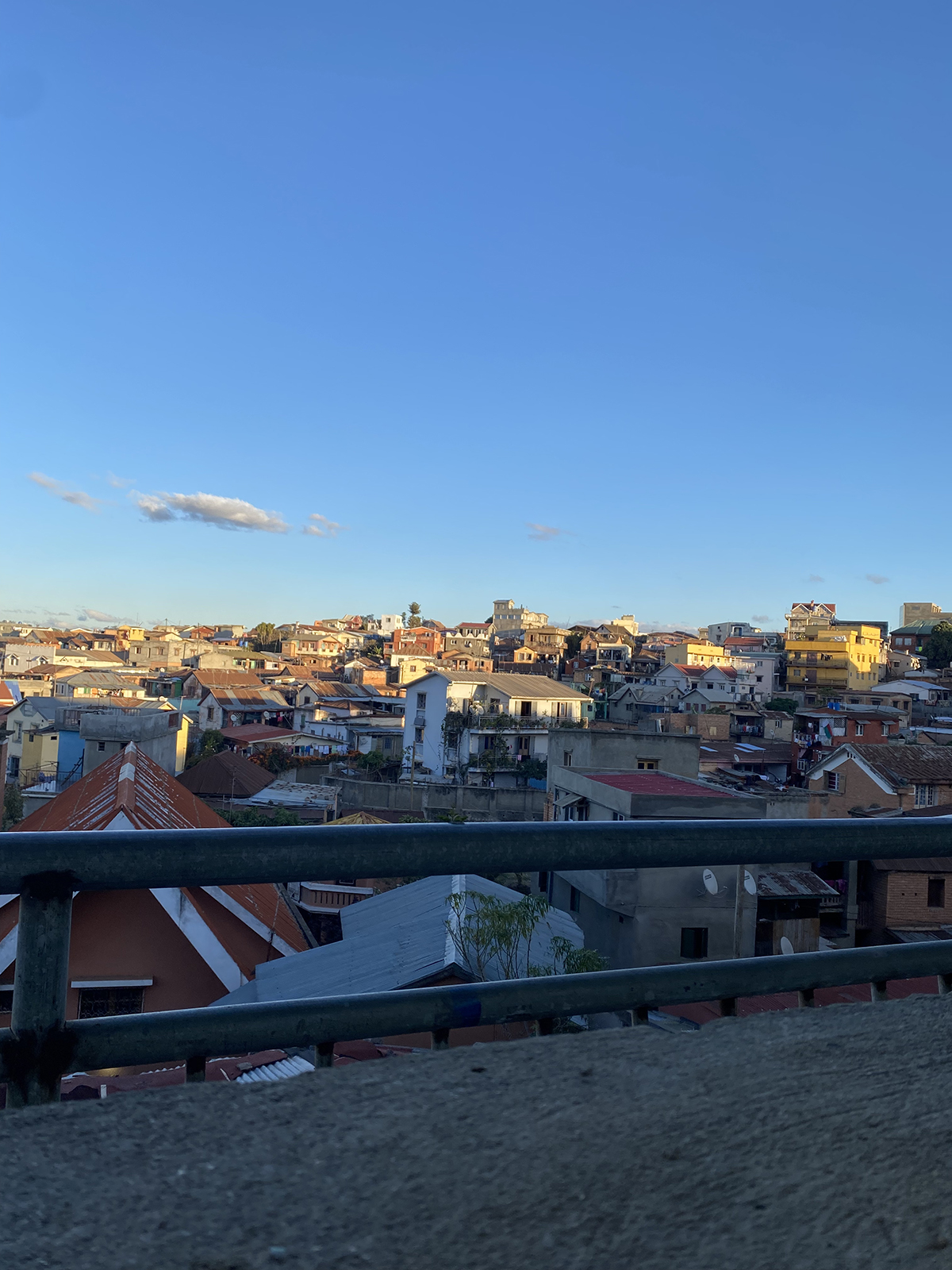
“My host family loved me so much that they heated water for me,” she said. “We also had power outages at least once a day. So, I learned how to be more appreciative of what we have in America despite the overconsumption.”
“My host has three sons. Two were away at work, so I only had one host brother while I was there,” Drake said. “He's like my real-life brother now. He was so kind and took care of me. We had so much fun. I spent almost every day with him. They're a big part of my life now—truly amazing.”
She studied the healthcare system, traditional medicine and abuses in Madagascar. Traditional medicine has always been in the Malagasy culture. French colonists tried to push it out and enforce Western medicine. Traditional medicine was acknowledged by the Malagasy Government in 2007.
Madagascar uses modern evidence-based medicine, where patients can see a medical doctor to receive medical care. On the flip side, the traditional healers offer plant-based treatments. Now, the two systems work together to treat patients.
“This was a life-changing learning experience,” Drake said. “It changed my perspective about so many different things.”
“
I want to normalize traditional medicine, which brings people closer. It’s a very giving profession. Ethnobotany will allow me to study other cultures and the medicines and plants they use. With this knowledge, we can connect with each other and our world to make it a happier place.
– Kara Drake
”
“I view the world differently now,” she said. “People can still be appreciative even through hard times. This program has inspired me to want to be a more joyous and grateful person, just like the residents of Madagascar.”
Her experience makes her feel more connected with the environment too. She would like to use nature to help people in the future.
“I want to normalize traditional medicine, which brings people closer,” Drake said. “It’s a very giving profession. Ethnobotany will allow me to study other cultures and the medicines and plants they use. With this knowledge, we can connect with each other and our world to make it a happier place.”

Learn more about the Advance Pillar in our Imagine 2030 Strategic Plan
